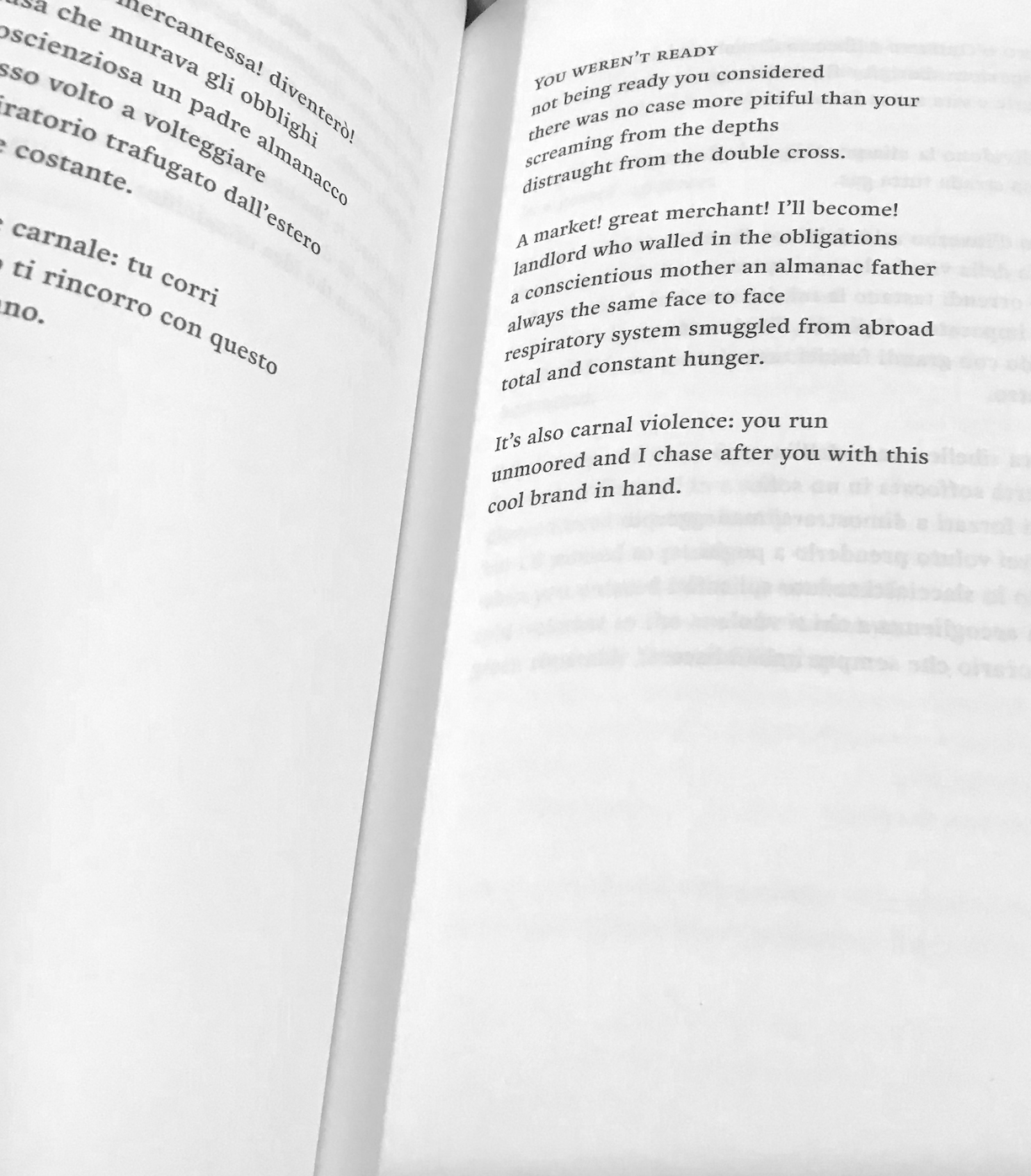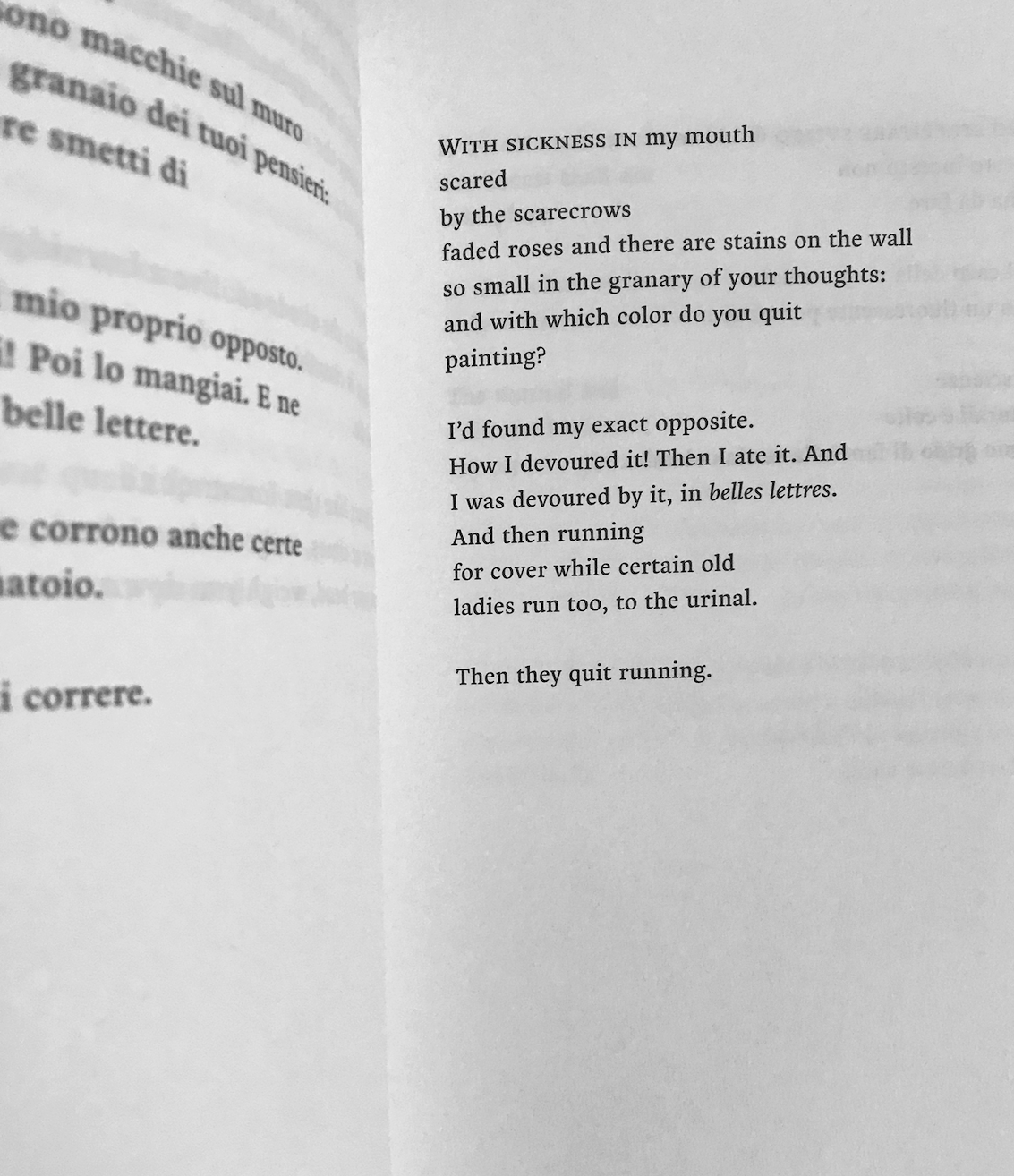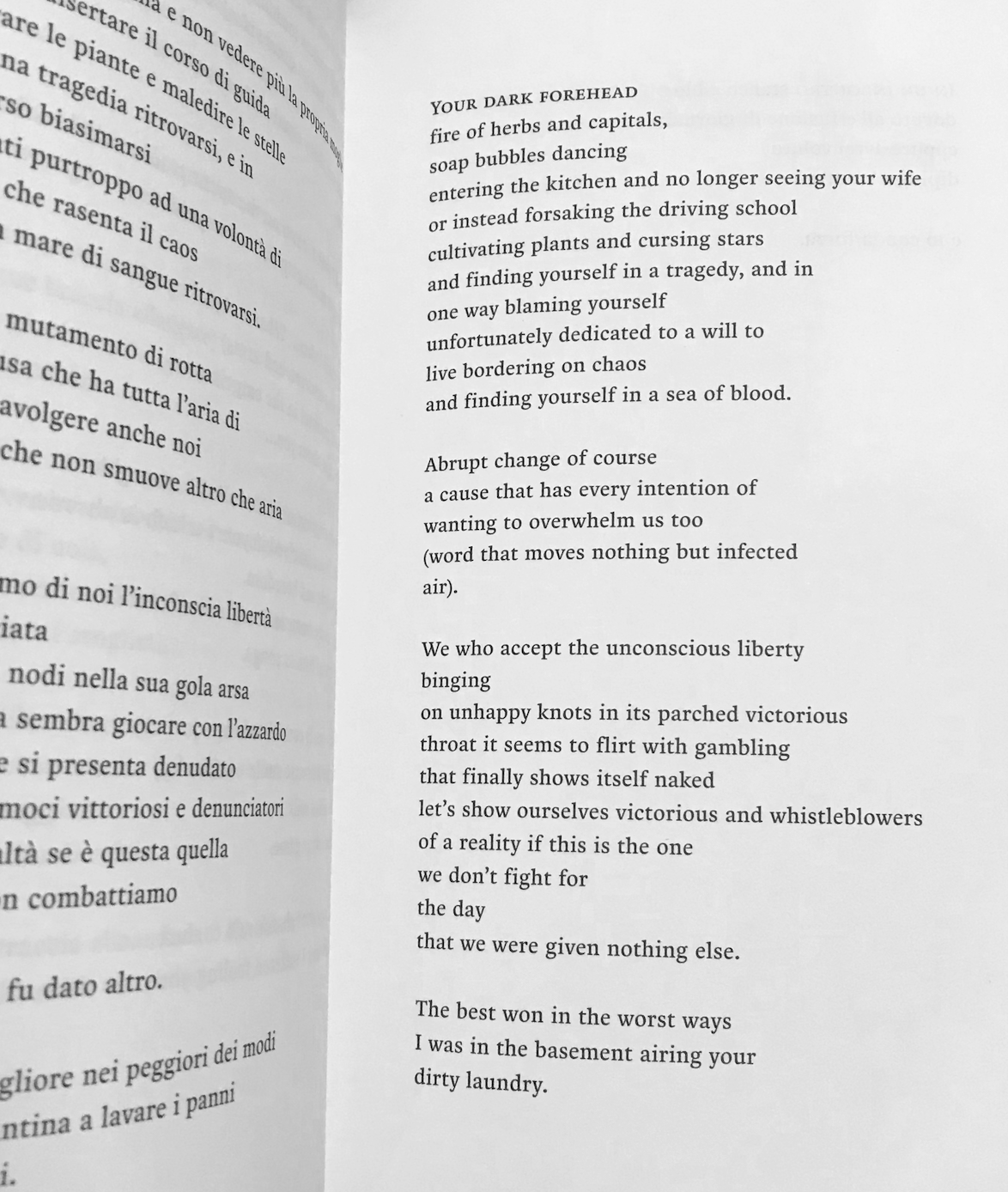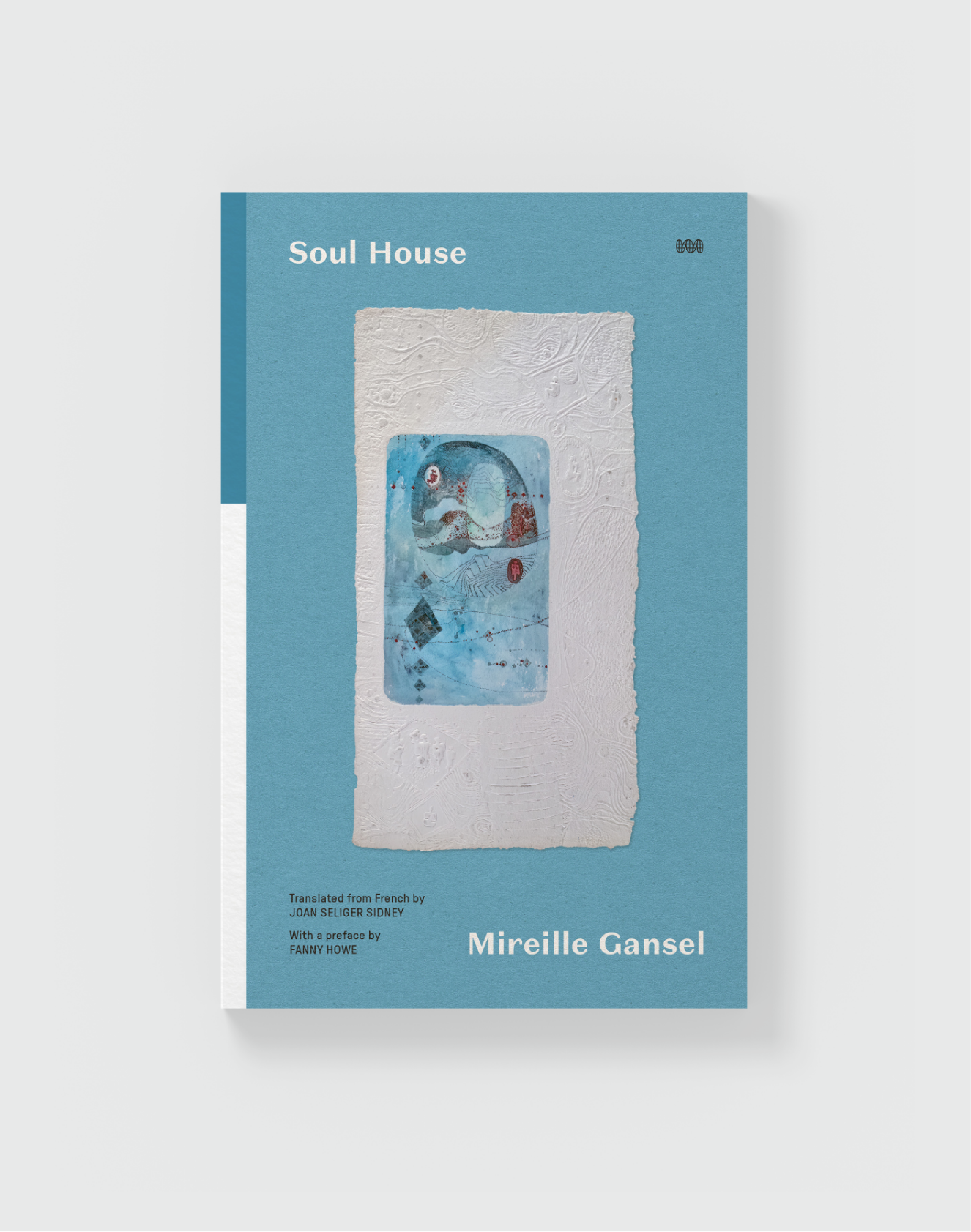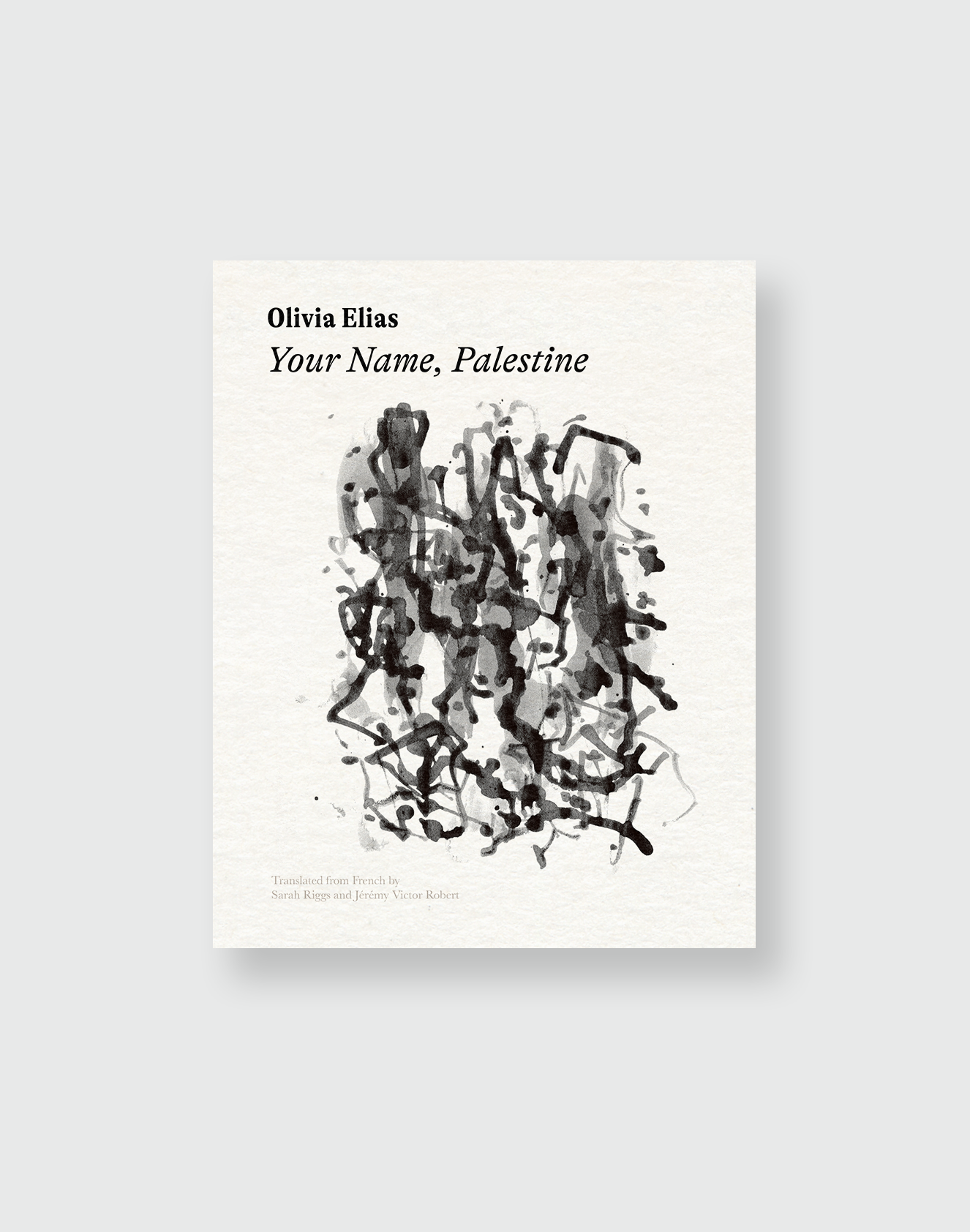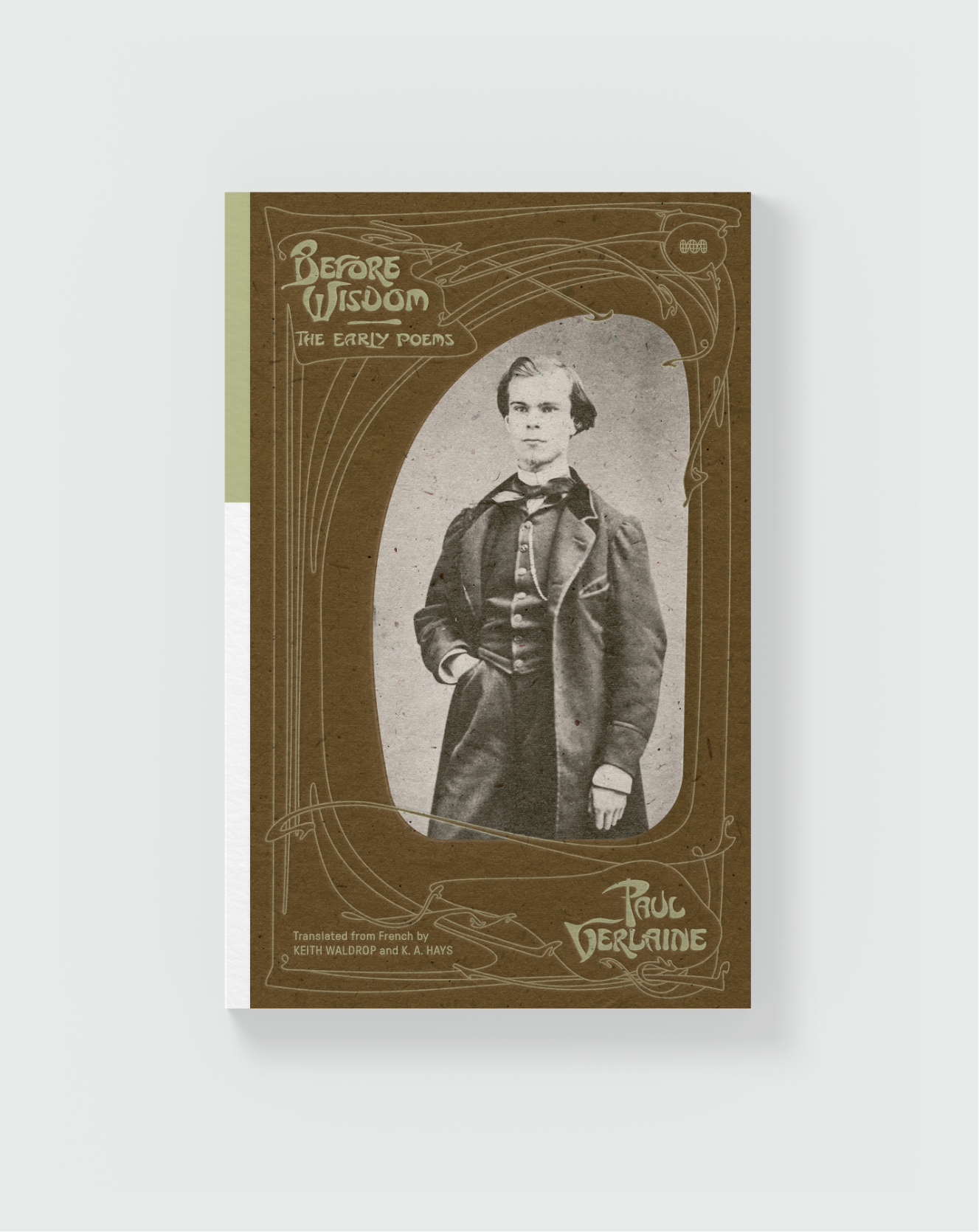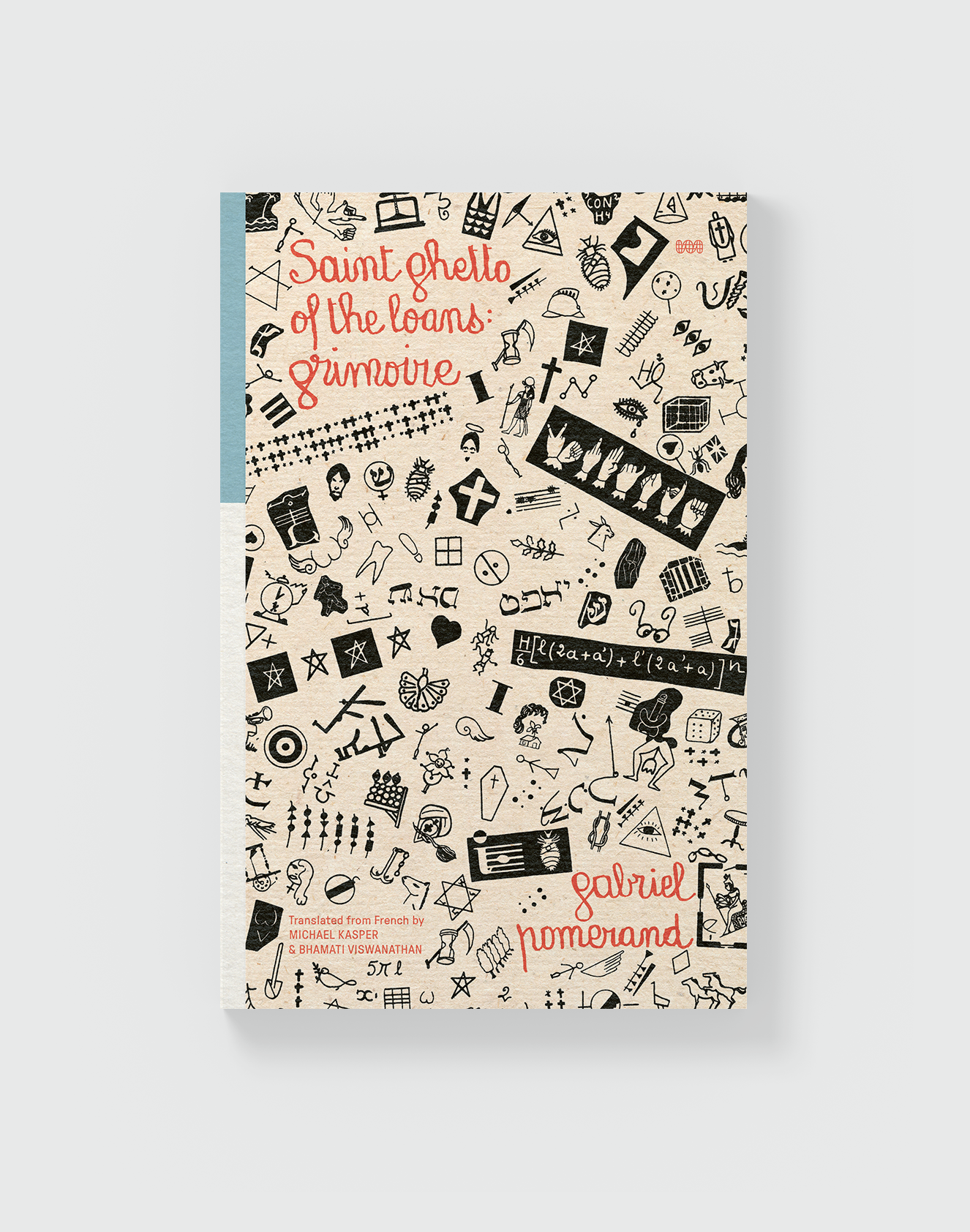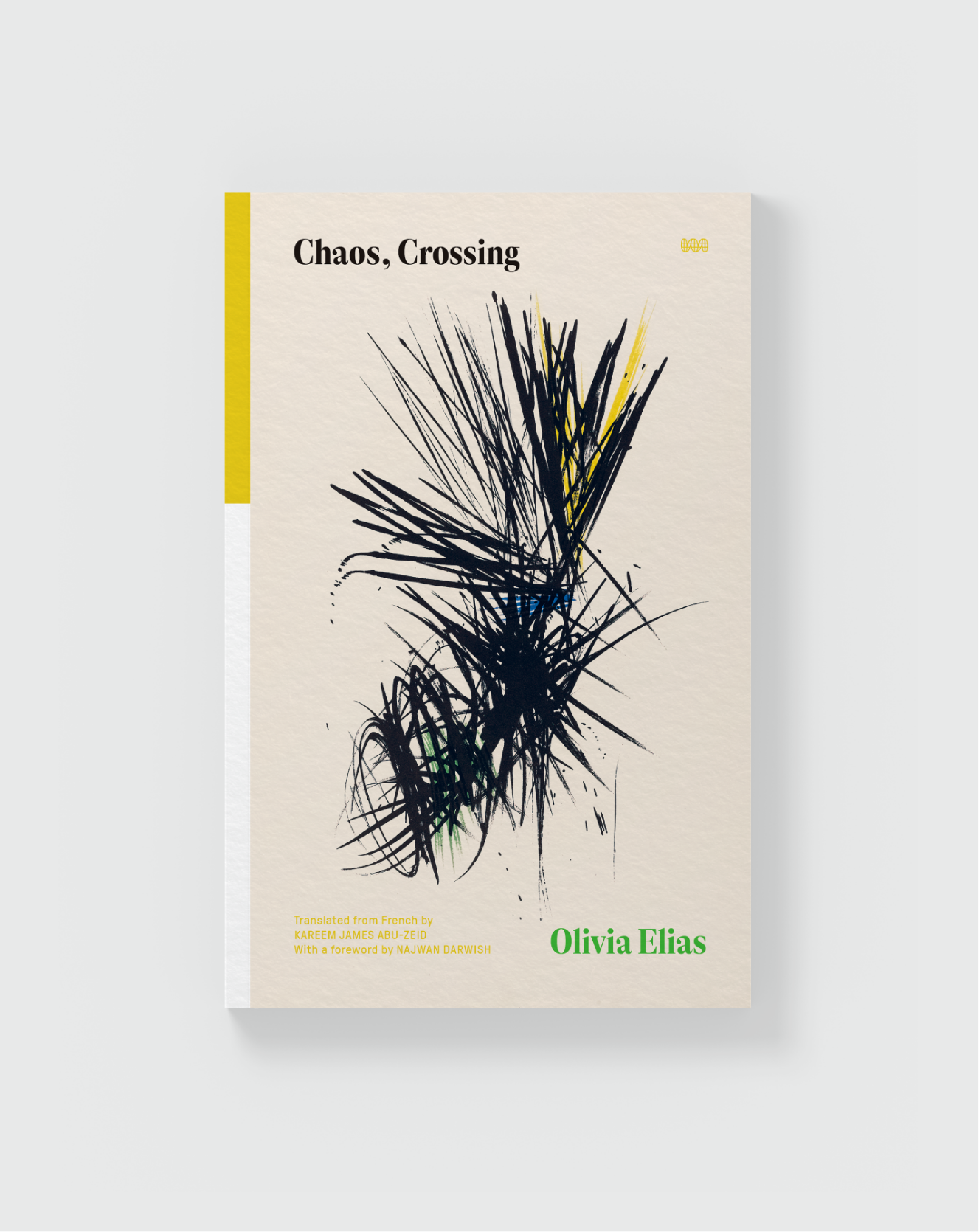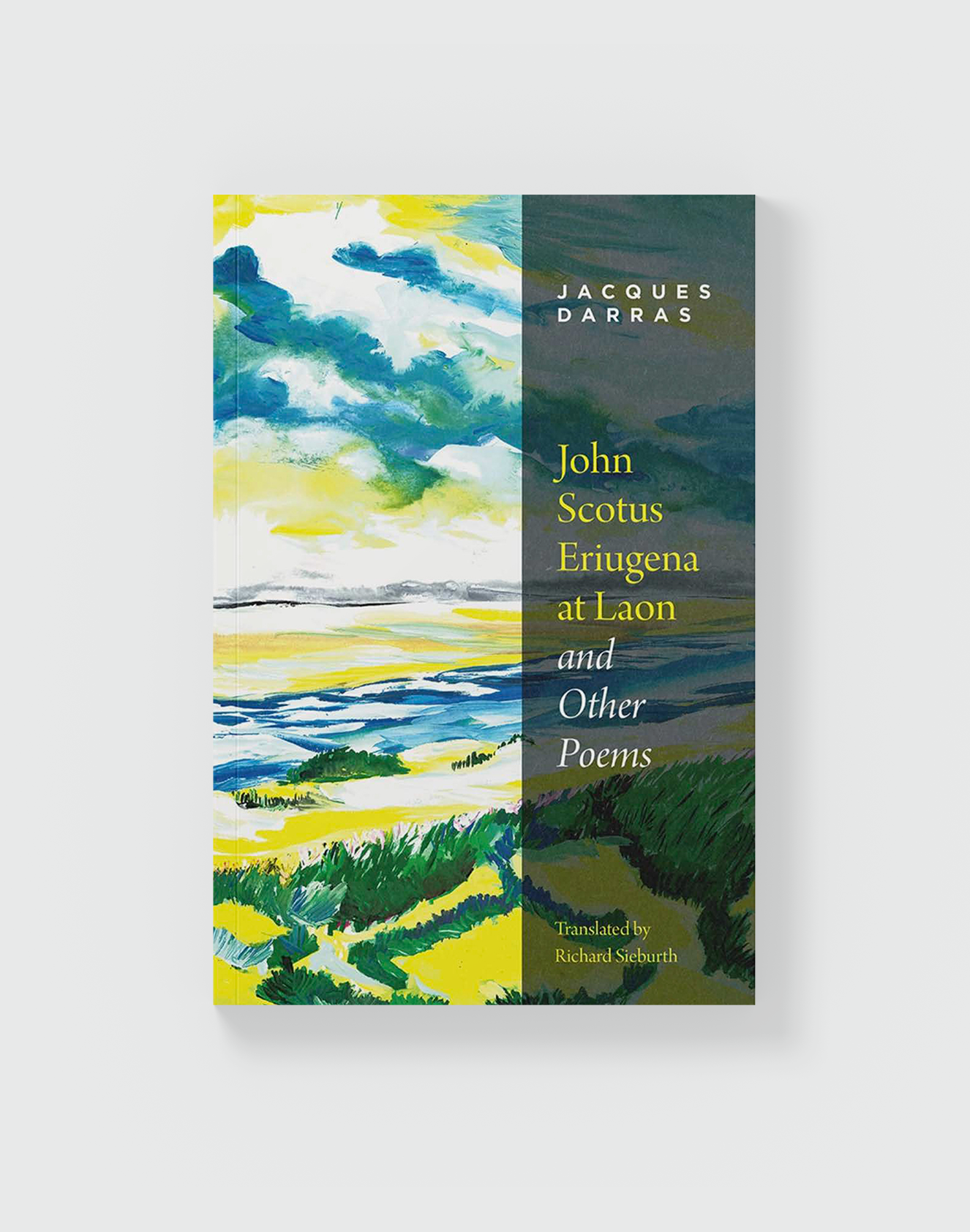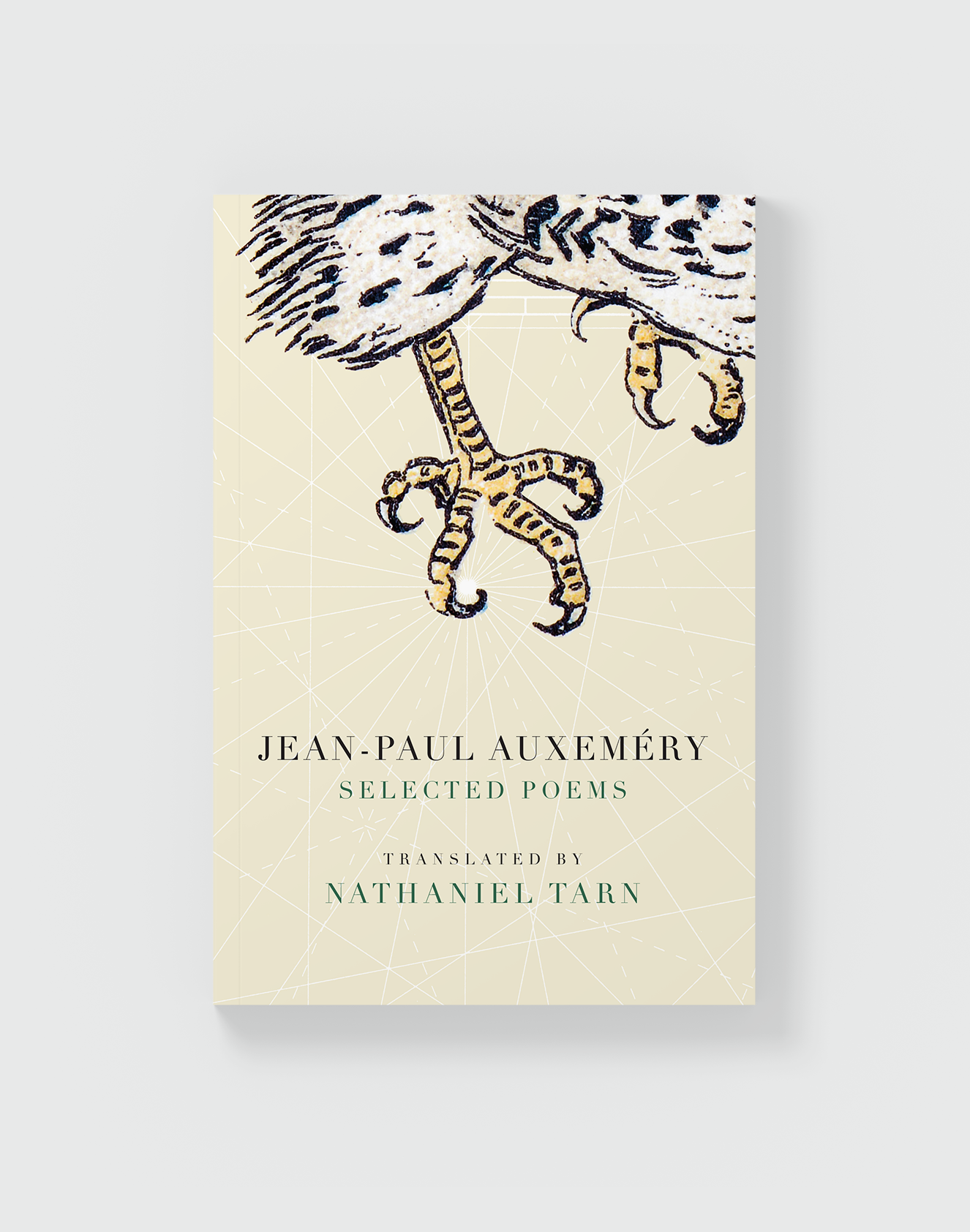Amelia Rosselli - Document
-
Bilingual Edition
416 pages
April 17, 2025
ISBN 978-1-954218-29-1
Distributed by Asterism (US) and Turnaround Publisher Services (UK & EU)
Amelia Rosselli
Document
Translated from Italian by
ROBERTA ANTOGNINI and DEBORAH WOODARD
The pivotal 1976 work of one of Italy’s most significant post-war voices asks how poetry can document lived experience while dialoguing with the Petrarchan sonnet tradition.
Long fascinated by the classical sonnet as an ideal model, Rosselli took on the Petrarchan structure of a canzoniere—a text in which meaning is generated by sequence—to contain the flood of 175 poems for her third collection. Speaking of Document, Rosselli said: “It was hard work; those who do not write poetry cannot imagine to what lengths poets go in order to compose, even if they barely scrape by, and even if it’s still the case that poetry is either inspired or worthless.” This “hard work” conveyed the pain, intensity, and turmoil of her existence and of our own violent chaotic times. Originally published in 1976, Document is the last of her major collections to be translated into English.
“I think the great anti-fascist poet Amelia Rosselli has always been in a ‘lockdown’ mode of existence. Document documents Rosselli’s internal well, an echo chamber—she orchestrates the signals of global turmoil of war, violence, class struggle, religion, consumerism, financial capitalism. Nothing goes amiss inside her chamber. Rosselli’s oblique, taut, and mocking entries pile up relentlessly—they make up an anti-fascist soliloquy that also echoes the ‘lockdown’ of our current troubled era.” —Don Mee Choi
“Amelia Rosselli is one of the towering poets of the twentieth century, so we owe immense gratitude to Roberta Antognini & Deborah Woodard for bringing Documento, Rosselli's third book, to an anglophone public in full for the first time, in a sharp translation with helpful notes. Less overtly biting and difficult than Rosselli's previous work—at least at first—these barbed lyrics will initiate new readers into her mind-bending oeuvre. As she writes at the start, ‘in the end I wrote beautiful things, all of them / for you.’ Yes: that means you.” —Barry Schwabsky
“Spontaneous and virtuosic, personal and strange: I read every Amelia Rosselli translation I can get my hands on. I am baffled by her gestures and turns. This feeling of bafflement is the reason I keep coming back to her: It's that feeling one gets from entering into the surprising, dynamic movement of art at its most vital.” —Johannes Göransson
Italian poet AMELIA ROSSELLI was born in Paris in 1930 to the British political activist Marion Cave and Carlo Rosselli, an antifascist Italian political leader and philosopher of Jewish descent. She was named after her grandmother, the distinguished suffragette and playwright, Amelia Pincherle Rosselli. After her father was assassinated in Paris by the fascist secret service, the family moved to England and then to the United States, finding sanctuary among other Italian exiles in Larchmont, NY. In 1946, at the end of the war, Rosselli returned to Europe, staying briefly in Florence before moving to London to complete her studies. In 1948, she settled in Rome where she would spend the rest of her life. She translated Emily Dickinson and Sylvia Plath into Italian and was an accomplished musicologist and musician, who played the violin, the piano, and the organ. Rosselli published eight collections of poetry: War Variations (1964), Hospital Series (1969), Document (1966–1973) (1976), Impromptu (1981), First Writings (1952-1963) (1980), Notes Scattered and Lost 1966–1977 (1983), Obtuse Diary 1954–1968 (1990), and Sleep: Poems in English (1992). Aside from one early collection, all of Rosselli’s works have been translated into English. After years of struggling with mental illness, Rosselli took her own life in 1996.
ROBERTA ANTOGNINI is from Canton Ticino, Switzerland. She has a Laurea from the Università Cattolica di Milano, Italy and a PhD from New York University. She is Associate Professor Emerita of Italian Studies at Vassar College, the author of a monograph on Petrarch, and co-editor of a collection of essays on Giorgio Bassani, whose collected poems she translated with Peter Robinson. With Deborah Woodard, she has translated Amelia Rosselli’s collections, Hospital Series, Obtuse Diary, The Dragonfly, and Notes Scattered and Lost.
DEBORAH WOODARD studied with Charles Simic at the University of New Hampshire and has a PhD from the University of Washington. Her books include Borrowed Tales (Stockport Flats) and No Finis: Triangle Testimonies, 1911 (Ravenna Press). With Roberta Antognini, she has translated the poetry of Amelia Rosselli in Hospital Series (New Directions), Obtuse Diary, The Dragonfly, and Notes Scattered and Lost (Entre Rios Books). Deborah teaches at Hugo House in Seattle, Washington and co-curates the reading series Margin Shift.
PRESS
Reviewed by Liliana Torpey for Full Stop
Excerpt at Cordite Poetry Review

